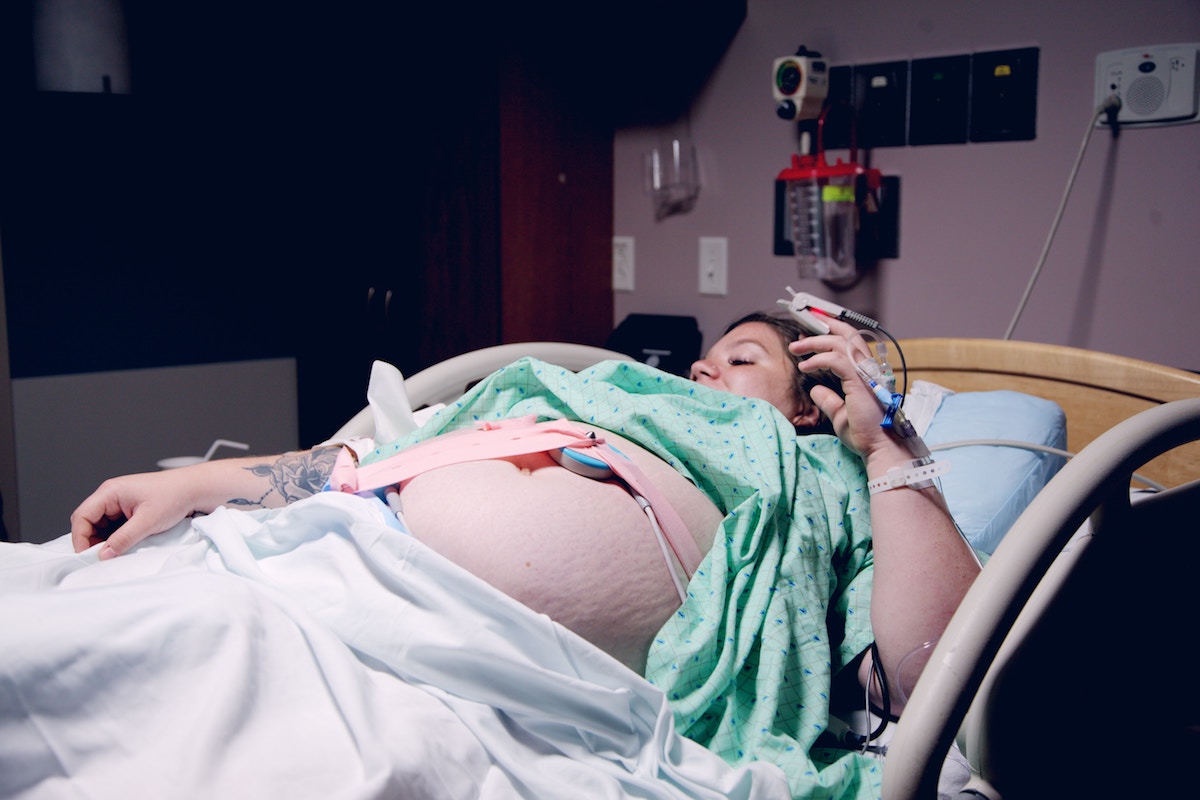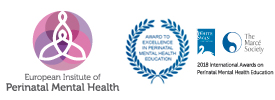
A UN report published in April 2019 warns against “the widespread and systematic phenomenon of violence towards women and girls in reproductive services”, and urges states to “address the structural problems and root causes of violence against women in reproductive health services, with a focus on childbirth and obstetric violence.”
We publish below an excerpt from the report A human rights-based approach to mistreatment and violence against women in reproductive health services with a focus on childbirth and obstetric violence, submitted to the UN General Assembly by Dubravka Šimonović, the Special Rapporteur of the Human Rights Council on violence against women, its causes and consequences.
In recent years, the mistreatment and violence against women experienced during facility-based childbirth and in other reproductive health services has gained global attention, inter alia, through the numerous testimonies posted by women and women’s organizations on social media; this form of violence has been shown to be widespread and systematic in nature. In recognizing that these issues have not been fully addressed from a human rights perspective, the Special Rapporteur decided to prepare her thematic report on mistreatment and violence against women in reproductive health services with a focus on childbirth and obstetric violence
As the leading health organization of the United Nations system, the World Health Organization (WHO) reacted to the growing concerns of women during childbirth by issuing a statement in 2015 condemning “outright physical abuse, profound humiliation and verbal abuse, coercive or unconsented medical procedures (including sterilization), lack of confidentiality, failure to get fully informed consent, refusal to give pain medication, gross violations of privacy, refusal of admission to health facilities, neglecting women during childbirth to suffer life-threatening, avoidable complications, and detention of women and their newborns in facilities after childbirth due to an inability to pay.”
In its statement, WHO also recognized that “such treatment not only violates the rights of women to respectful care, but can also threaten their rights to life, health, bodily integrity and freedom from discrimination.”
In preparing the report Over 128 submissions were received from States, non-governmental organizations, independent institutions and academics.3 Several non-governmental organizations have also published reports documenting the abuses women and girls experience during childbirth in health-care facilities around the world.
In the present report, the Special Rapporteur aims to apply a human rights-based approach to the different forms of mistreatment and violence that women experience in reproductive health services with a focus on childbirth and obstetric violence. Mistreatment and violence against women not only violates the rights of women to live a life free from violence but can also threaten their rights to life, health, bodily integrity, privacy, autonomy and freedom from discrimination.
Mistreatment and violence against women in reproductive health services and during childbirth is addressed in the report as part of a continuum of the violations that occur in the wider context of structural inequality, discrimination and patriarchy, and are also the result of a lack of proper education and training as well as lack of respect for women’s equal status and human rights. Such violence is experienced by women and girls when seeking other forms of sexual and reproductive healthcare, including gynaecological examinations, abortion, fertility treatments and contraception and in other sexual and reproductive health contexts.
The report provides recommendations on how to address the structural problems and root causes of violence against women in reproductive health services with a focus on childbirth and obstetric violence. The report also seeks to lay the foundation for States in upholding their human rights obligations and developing appropriate laws, policies, national women reproductive health strategies and complaint mechanisms to ensure a human rights-based approach to healthcare and accountability for human rights violations. Under international law, acts or omissions by non-State actors attributable to the State include the “acts or omissions of private actors empowered by the law [of that State] to exercise elements of governmental authority, including private bodies providing public services, such as healthcare or education, or operating places of detention, are considered as acts attributable to the State itself”.
States parties also have an obligation under the Convention on the Elimination of All Forms of Discrimination against Women to pursue, by all appropriate means and without delay, a policy of eliminating discrimination and gender-based violence against women, including in the field of health. This is an obligation of an immediate nature and delays cannot be justified on any grounds, including economic, cultural or religious grou
More info:
- UN: A human rights-based approach to mistreatment and violence against women in reproductive health services with a focus on childbirth and obstetric violence.
- WHO: Prevention and elimination of disrespect and abuse during childbirth







